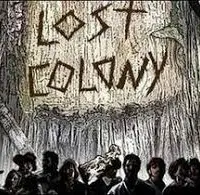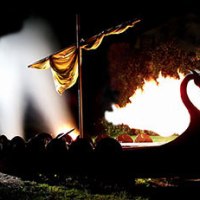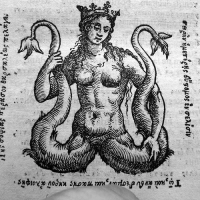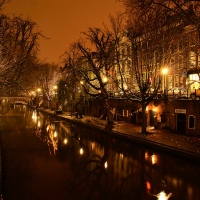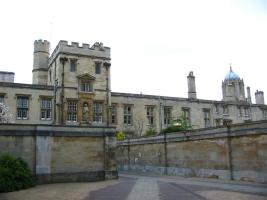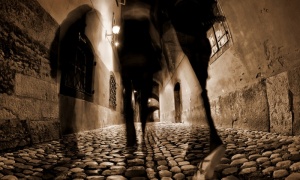For a whole host of children born at the tail end of the 19th century the First World War marked a terrible frontier between innocence and adult worldliness. First-hand experience of the horror of war consigned blissful childhood visions to doubtful memory, and post-war technological and economic changes seemed set finally to dismantle an already crumbling rural culture, leaving much that was good behind. One of England’s most gifted poets, Edmund Blunden, seeing perhaps the cultural and spiritual consequences for the nation of unnaturally accelerated fundamental change, and at the same time trying to make sense of his own terrible war-time experience, sought to bring to mind – to his and ours – what at root really mattered in life. Unsurprisingly, he turned to his pre-war childhood vision of the village of Yalding in the Garden of England, his very own ‘land of lost content’. In his poem Old Homes, it was Yalding that he described: ‘O happiest village! how I turned to you / Beyond estranging years that cloaked my view / With all their heavy fogs of fear and strain; / I turned to you, I never turned in vain…’.
Oranges and Lemons
20 Mar
Oranges and Lemons is a traditional English nursery rhyme and singing game which refers to the bells of several churches, all within or close to the City of London. The lyrics go as so:
Oranges and lemons,
Say the bells of St. Clement’s.
You owe me five farthings,
Say the bells of St. Martin’s.
When will you pay me?
Say the bells of Old Bailey.
When I grow rich,
Say the bells of Shoreditch.
When will that be?
Say the bells of Stepney.
I do not know,
Says the great bell of Bow.
Here comes a candle to light you to bed,
And here comes a chopper to chop off your head!
The Maid of Buttermere
20 Dec
The Lake District is perhaps England’s most hyped scenic area, and for good reason. Within an area a mere thirty miles across, sixteen major lakes are squeezed between the steeply pitched faces of England’s highest mountains, an almost alpine landscape that is augmented by waterfalls and picturesque stone-built villages packed into the valleys. Two factors spurred the first waves of Lake District tourism: the re-appraisal of the landscape brought about by such painters as Constable and the writings of William Wordsworth and his contemporaries. Wordsworth was not the first writer to praise the Lake District – Thomas Gray wrote appreciatively of his visit in 1769 – but he dominates its literary landscape, not solely through his poetry but also through his still useful Guide to the Lakes (1810). Worsdworth and his fellow poets Samuel Taylor Coleridge and Robert Southey formed a clique that become known as the ‘Lake Poets’, a label based more on their fluctuating friendships and their shared passion for the region than on any common subject matter in their literary output. The one subject which did overlap in their writings was the infamous episode of the ‘Maid of Buttermere’, which also inspired Melvyn Bragg’s best-selling novel of the same name in the 1980s.


